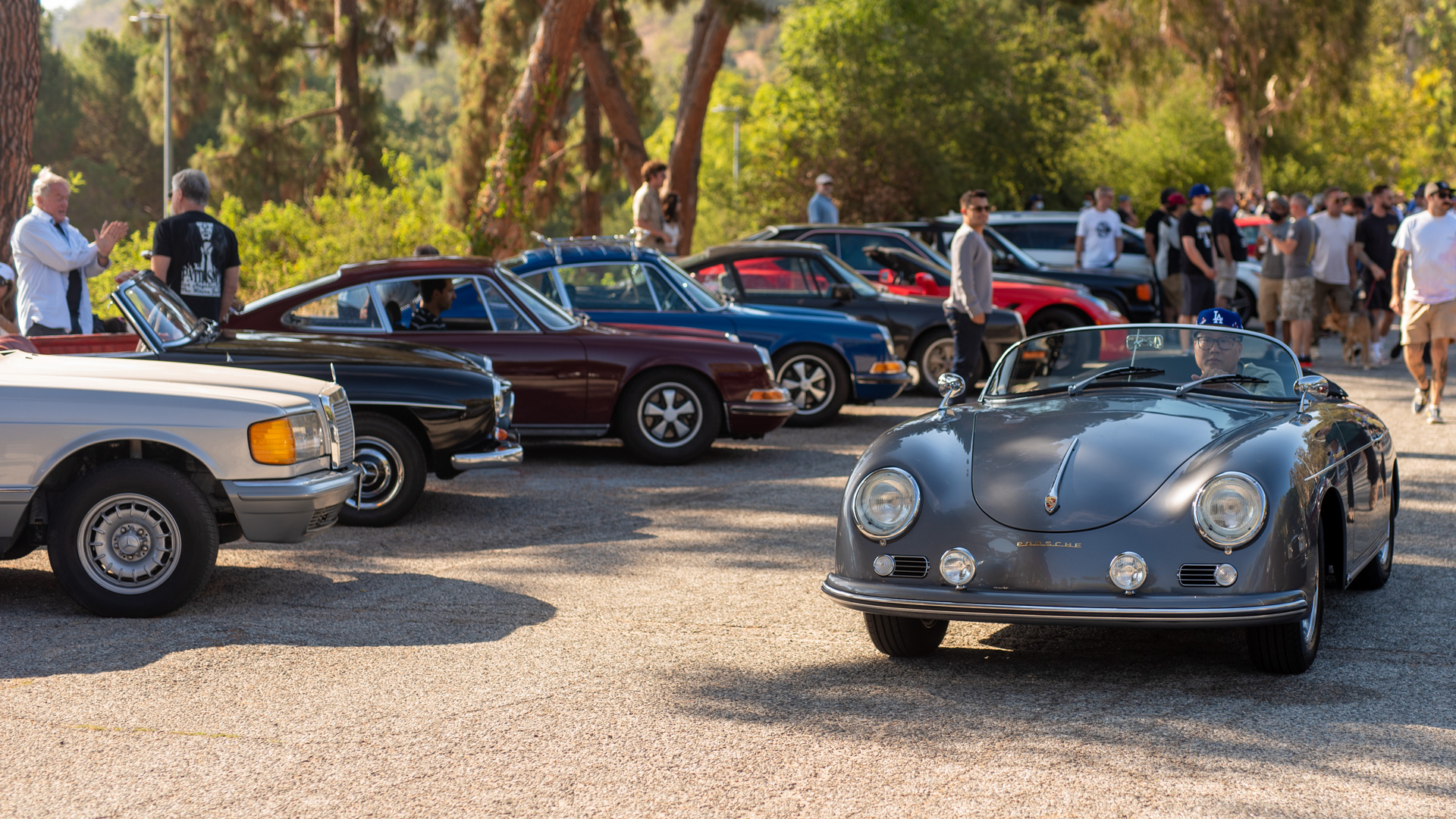

Conjure up images of Nevada, and some remote desert mountains and perhaps an old west saloon come to mind; as a Reno resident, however, I can assure you we do have cities. In those cities (Las Vegas and my home of Reno), we have smog checks for every car dating back to 1968; that’s seven model years earlier than even notoriously strict California requires. The only way around that until recently was to apply for classic-car plates, which are exempt from smog checks. Starting in January, though, that’s going to become a lot harder, and residents are not happy about it.
Previously, any car 20 years or older was eligible for classic car plates, which allowed residents of Reno and Las Vegas to skip getting a smog check. There was a stated 5,000 mile-per-year driving limit on classic-plated vehicles, but it was largely unenforced; technically, exceeding the limit was punishable with a $2,500 fine, but as of 2017 in Washoe County, home of Reno, no fine had ever actually been levied.
Starting January of next year, however, classic car insurance will be required to remain eligible for classic plates and no longer can be used for “general transportation.” The change was set in motion in February 2021, when Assembly Bill 349 was introduced by Assemblyman Howard Watts. That bill was intended to close what many called the “classic car loopholes” by adding the classic insurance requirements, to prevent people from using older vehicles for daily transportation without a smog check. It passed in May 2021, but the law won’t take effect until 2023; now, as owners prepare to renew their registrations and realize the rules are changing, there have been complaints at town hall meetings. Local outlet 8 News reported that a Clark County (Las Vegas area) meeting on Wednesday became “heated” as owners realized they would either need to change insurance or scramble to make older vehicles smog-compliant.
The stated intent of the law change was to help reduce smog in Nevada cities, but it’s unclear how much of an impact the law will have. As of 2020, there were over 1 million cars registered in the state; of those, only 30,000 of them have classic-car plates. Anecdotally, from my time spent in Reno, I don’t see a scourge of 2002 Pontiac Montanas running around on classic-car plates here. They’re a common sight at car shows and during massive cruise events such as Hot August Nights, however, and I usually see them on cars that would have no issue getting classic insurance. I’ve always driven way too much in my (eligible) cars to ever dare get classic plates; perhaps for others, though, this means fewer trips to the grocery store in the ‘Cuda.